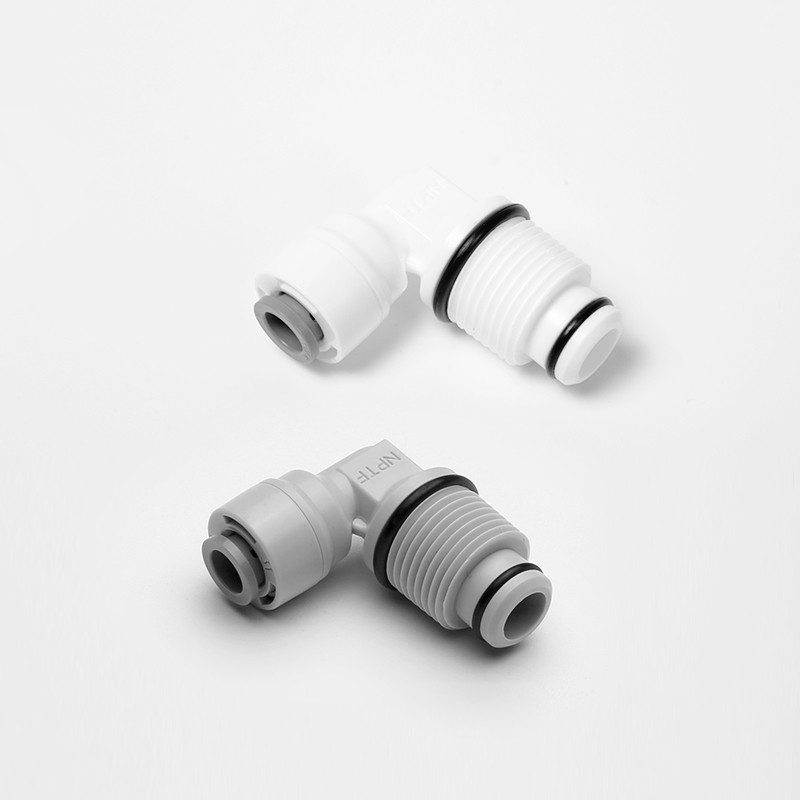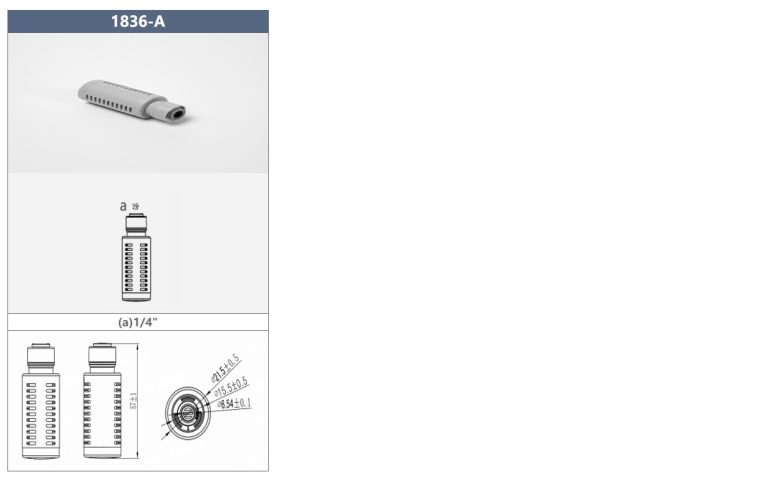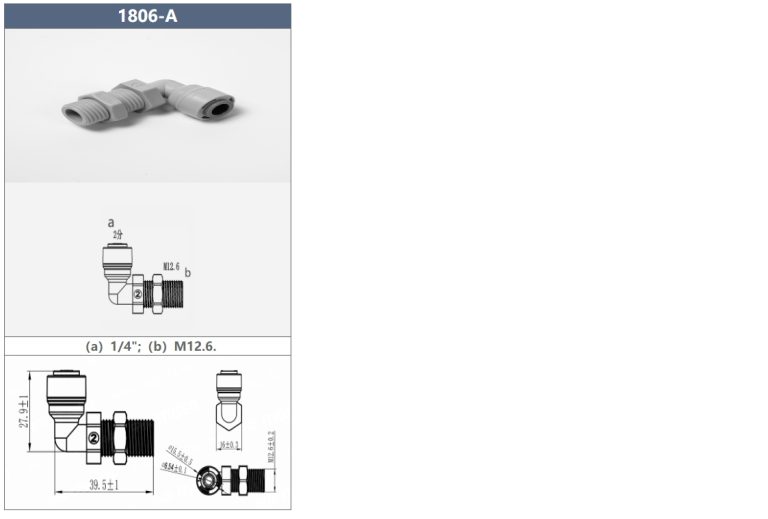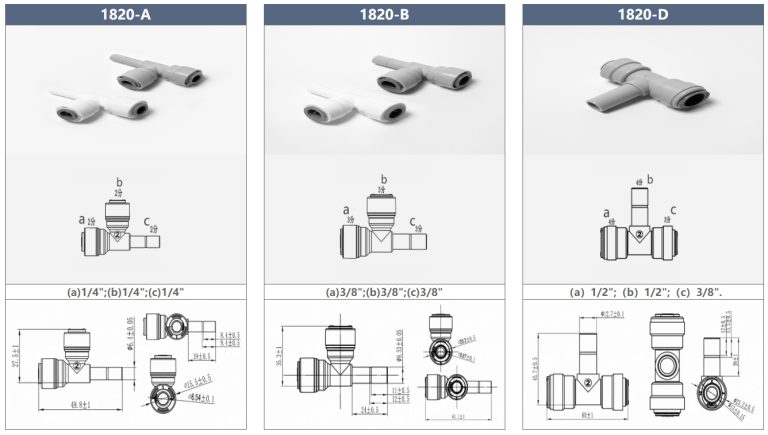“Plumbers trust plastic pipes for reliable solutions.”
Table of Contents
Pros and Cons of Plastic Pipes in Plumbing Systems
Plastic pipes have become increasingly popular in plumbing systems over the years due to their numerous advantages. However, there are also some drawbacks to using plastic pipes that should be considered. In this article, we will explore the pros and cons of plastic pipes in plumbing systems to help you make an informed decision about whether they are the right choice for your home.

One of the main advantages of plastic pipes is their durability. Unlike metal pipes, plastic pipes are resistant to corrosion and rust, which can extend their lifespan significantly. This means that you are less likely to experience leaks or other issues with your plumbing system when using plastic pipes. Additionally, plastic pipes are lightweight and easy to install, making them a popular choice for DIY enthusiasts.
Another benefit of plastic pipes is their flexibility. Plastic pipes can be easily bent and shaped to fit around obstacles, making them ideal for tight spaces or complex plumbing layouts. This flexibility can save time and money during installation, as it eliminates the need for additional fittings or connectors.
Plastic pipes are also resistant to chemicals and bacteria, making them a hygienic choice for plumbing systems. This can help to prevent the growth of harmful bacteria in your pipes and ensure that your water supply remains clean and safe to use. Additionally, plastic pipes are non-conductive, meaning that they do not conduct electricity. This can reduce the risk of electrical shocks in your plumbing system, making plastic pipes a safer option for your home.
Despite their many advantages, there are some drawbacks to using plastic pipes in plumbing systems. One of the main concerns with plastic pipes is their susceptibility to high temperatures. Plastic pipes can melt or deform when exposed to high temperatures, which can lead to leaks or other issues in your plumbing system. This means that plastic pipes may not be suitable for hot water applications or areas with high temperatures.
Another drawback of plastic pipes is their potential for expansion and contraction. Plastic pipes can expand and contract with changes in temperature, which can put stress on your plumbing system and lead to leaks or other problems. This means that proper installation and support are crucial when using plastic pipes to prevent issues down the line.
In conclusion, plastic pipes have many advantages that make them a popular choice for plumbing systems. Their durability, flexibility, and resistance to chemicals and bacteria make them a hygienic and safe option for your home. However, it is important to consider the potential drawbacks of plastic pipes, such as their susceptibility to high temperatures and expansion and contraction. By weighing the pros and cons of plastic pipes, you can make an informed decision about whether they are the right choice for your plumbing system.
How Plastic Pipes Have Revolutionized the Plumbing Industry
Plumbers have been using plastic pipes for decades now, and it’s no surprise why. Plastic pipes have revolutionized the plumbing industry in many ways, offering a range of benefits that make them a popular choice for both residential and commercial plumbing systems.
One of the main advantages of plastic pipes is their durability. Unlike traditional metal pipes, plastic pipes are resistant to corrosion and rust, making them a long-lasting option for plumbing systems. This means that homeowners and businesses can enjoy peace of mind knowing that their plumbing system is less likely to experience leaks or other issues due to pipe degradation.
In addition to their durability, plastic pipes are also lightweight and easy to install. This makes them a cost-effective option for plumbers, as they can be quickly and easily installed without the need for heavy machinery or specialized tools. This can help to reduce labor costs and minimize disruption to the property during the installation process.
Another benefit of plastic pipes is their versatility. Plastic pipes come in a variety of sizes and shapes, making them suitable for a wide range of plumbing applications. Whether you need to install a new water supply line, a drainage system, or a gas line, there is likely a plastic pipe that will meet your needs.
Plastic pipes are also resistant to chemicals and other harsh substances, making them a safe and reliable option for transporting water and other fluids. This can help to prevent contamination of the water supply and ensure that the plumbing system remains in good working order for years to come.
Furthermore, plastic pipes are environmentally friendly. Unlike metal pipes, which can be difficult to recycle and may release harmful chemicals into the environment during production and disposal, plastic pipes are often made from recycled materials and can be easily recycled at the end of their lifespan. This makes them a sustainable choice for environmentally conscious homeowners and businesses.
| Model | Tube(a) | Stem(b) |
|---|---|---|
| 1801-A | 1/4 | 1/4 |
| 1801-C | 1/4 | 3/13 |
Despite these benefits, some people may still be hesitant to use plastic pipes in their plumbing systems due to concerns about their strength and reliability. However, modern plastic pipes are designed to meet strict industry standards and are rigorously tested to ensure that they can withstand the demands of everyday use. In fact, many plastic pipes are rated for higher pressure and temperature levels than traditional metal pipes, making them a safe and reliable option for plumbing systems of all sizes.
In conclusion, plastic pipes have revolutionized the plumbing industry in many ways, offering a range of benefits that make them a popular choice for plumbers and homeowners alike. From their durability and ease of installation to their versatility and environmental friendliness, plastic pipes are a reliable and cost-effective option for modern plumbing systems. So, the next time you need to install or repair a plumbing system, consider using plastic pipes for a long-lasting and reliable solution.




